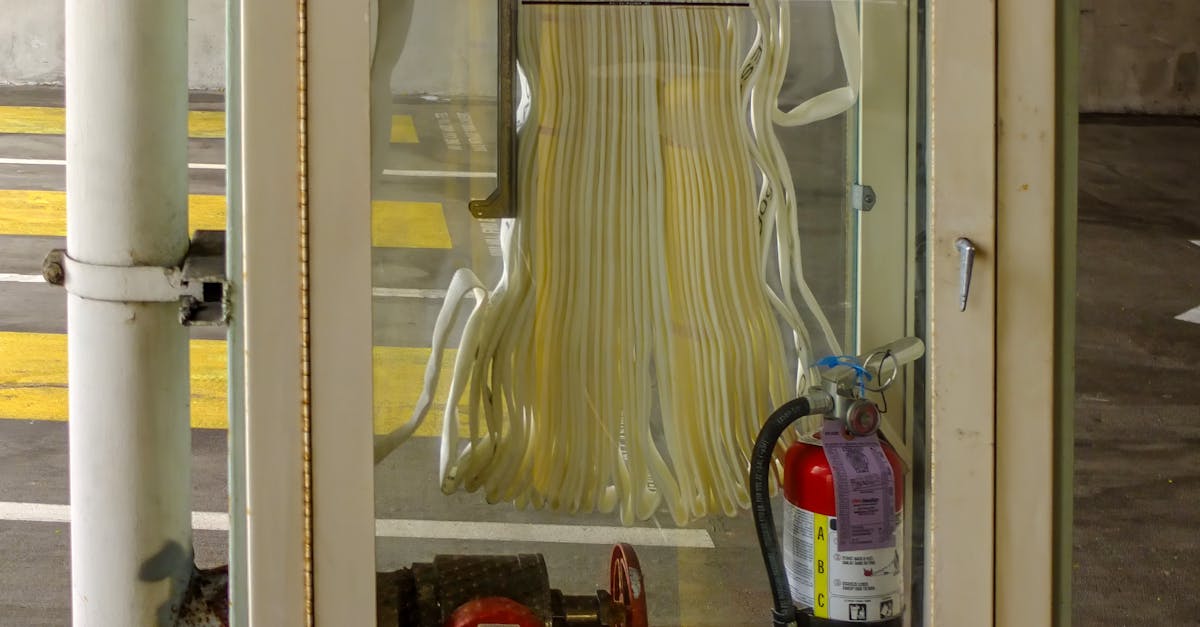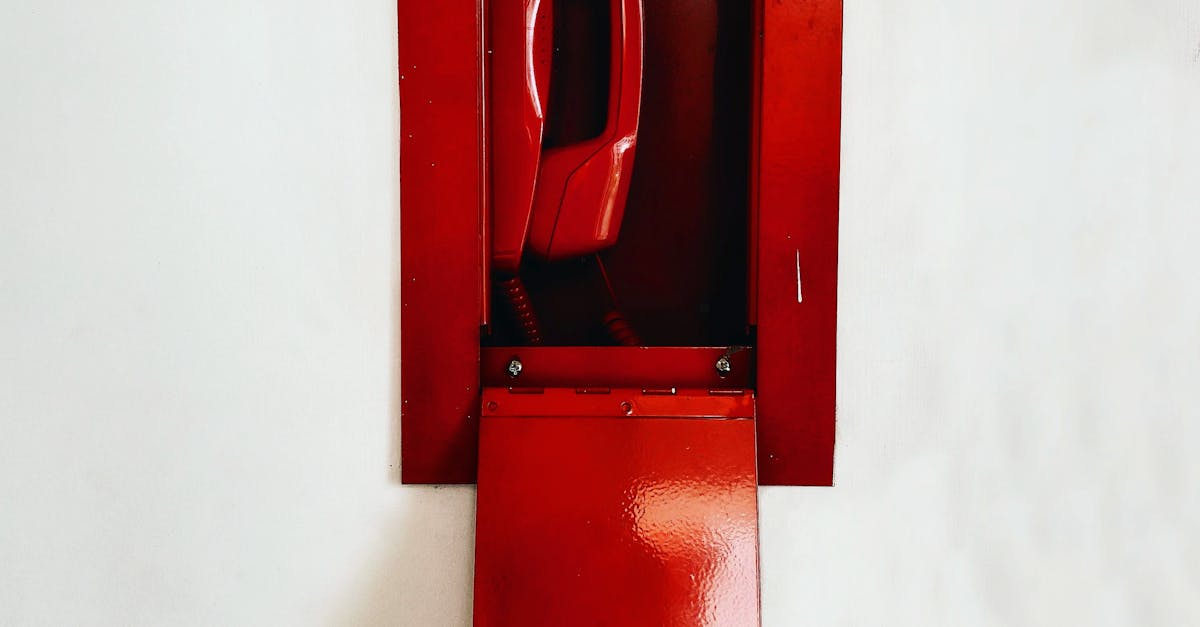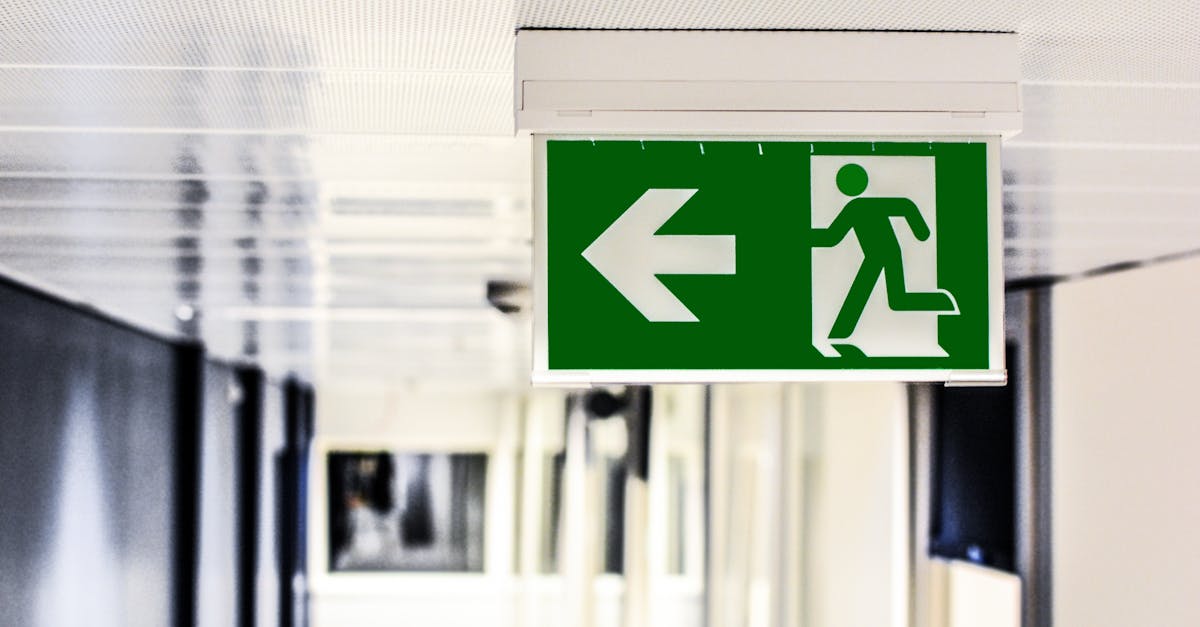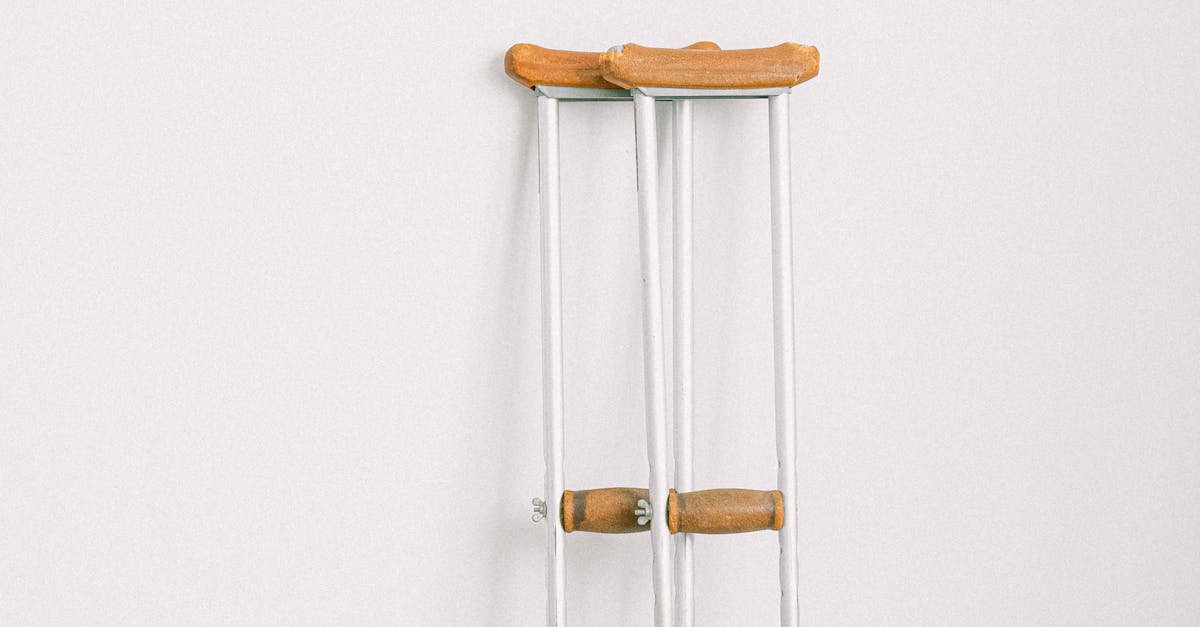
Table Of Contents
Safety Considerations When Using Vinegar
Vinegar is a popular choice for drain cleaning due to its acidity, which can help break down minor clogs and eliminate odours. However, it is essential to ensure that vinegar is used safely and appropriately to avoid potential harm. Always wear protective gloves when handling vinegar, as the acidity can irritate the skin. In addition, proper ventilation is necessary, especially in enclosed spaces, to prevent any discomfort from strong odours.
Another important consideration is the use of vinegar in conjunction with other cleaning agents. Mixing vinegar with bleach or certain commercial drain cleaners can lead to dangerous chemical reactions, producing potentially harmful fumes. To avoid such risks, it's best to use vinegar alone for drain cleaning or pair it with safer alternatives like baking soda. Understanding these safety measures can lead to effective and worry-free drain maintenance.
Potential Reactions with Other Cleaning Agents
When considering vinegar for drain cleaning, it is crucial to be aware of potential reactions with other cleaning agents. For instance, combining vinegar with bleach can produce toxic chlorine gas, which poses serious health risks. This reaction can occur even in small amounts, making it vital to avoid using these two substances close together when tackling clogged drains. Therefore, ensuring proper ventilation and avoiding simultaneous use of different cleaning products is essential.
Another important consideration is the interaction between vinegar and other common drain cleaning substances, such as commercial chemical cleaners. Some store-bought drain cleaners contain strong acids or bases, which can react violently when mixed with vinegar. This can lead to dangerous splashes or the release of harmful fumes. To ensure safety and effectiveness in drain cleaning, it’s advisable to use vinegar on its own or with compatible natural ingredients, steering clear of combining it with harsher chemical cleaners.
Alternative Natural Ingredients for Drain Clearing
Many people are turning to alternative natural ingredients for drain cleaning due to their effectiveness and eco-friendly properties. Ingredients such as baking soda, salt, and lemon juice have gained popularity for their ability to tackle clogs without the harsh chemicals found in commercial products. Baking soda is particularly useful, as it can help absorb moisture and neutralise odours while also acting as a mild abrasive to dislodge buildup.
Another ingredient that offers benefits for drain cleaning is lemon juice. Its natural acidity can help break down grease and grime, making it easier for water to flow freely through pipes. The combination of baking soda and lemon juice creates a fizzing reaction that can further enhance the cleaning process, effectively removing stubborn blockages while leaving a fresh scent.
Combining Vinegar with Baking Soda
Combining vinegar with baking soda is a popular method for drain cleaning that many households rely on. This combination unleashes a chemical reaction that can help to dislodge and break down stubborn clogs. The bubbling action created by the interaction between the acidic vinegar and the alkaline baking soda can effectively lift debris, grease, and organic matter blocking the drain. Pouring the two ingredients into the drain in the right sequence can maximise their efficacy, with many recommending starting with baking soda followed by vinegar.
This method is not only effective for routine maintenance but also offers an eco-friendly alternative to harsh chemical cleaners. As both ingredients are non-toxic, they pose minimal health risks compared to traditional commercial drain cleaning products. Regular use of this dynamic duo can help maintain clear drains while ensuring the longevity of plumbing systems. However, it is essential to follow up with hot water to flush the mixture through the pipes, optimising the results of this natural cleaning approach.
Understanding the Science Behind Vinegar
Vinegar is composed mainly of acetic acid, which gives it a distinct sour taste and strong odour. This acidity is what makes vinegar effective for various cleaning tasks, including drain cleaning. The acidic properties allow it to dissolve mineral deposits, grime, and some types of organic material that can clog drains. By lowering the pH of the materials inside pipes, vinegar can help break down substances that contribute to blockage, providing a natural option for maintaining clear drains.
The reaction of vinegar with certain substances can further enhance its effectiveness in drain cleaning. For example, when it combines with baking soda, it produces carbon dioxide gas, which can create a fizzy action that dislodges debris in pipes. Understanding the specific interactions of vinegar with other materials in the drain can allow homeowners to optimise their cleaning efforts. This insight is essential for those who prefer sustainable and non-toxic cleaning solutions.
How Acidity and pH Levels Affect Drain Health
The pH level of substances plays a crucial role in drain cleaning. Drain systems typically thrive within a neutral pH range, where most organic materials naturally break down. When introduced, high acidity or high alkalinity can disrupt this balance, leading to potential buildup or corrosion of pipes. Regular maintenance and understanding the pH impacts can help maintain optimal drainage, reducing the chances of blockages over time.
Vinegar, being acidic, can assist in breaking down minor clogs and buildup, making it a popular natural remedy for drain cleaning. However, its effectiveness may vary depending on the type of blockage. If a drain is severely clogged or contains substances that do not easily disintegrate in acidic solutions, alternative methods may be necessary to achieve a clear drain. Regular monitoring and appropriate maintenance are essential to ensure long-lasting drain health.
FAQS
Can vinegar effectively clear clogged drains?
Yes, vinegar can help clear minor clogs and maintain drain flow due to its acidity, which can break down debris and grease.
Is it safe to use vinegar in drains?
Generally, vinegar is safe for drains, but it’s important to consider safety precautions and avoid mixing it with certain cleaning agents, which could cause harmful reactions.
What other natural ingredients can be used for drain clearing?
Besides vinegar, alternative natural ingredients include baking soda, lemon juice, and salt, which can also help in maintaining clear drains.
How does combining vinegar with baking soda work for drain clearing?
When vinegar and baking soda are combined, they create a fizzy reaction that can help dislodge debris and clear minor blockages in drains.
What is the science behind vinegar's ability to maintain drain health?
Vinegar is acidic, with a low pH level, which can effectively break down organic matter and grease, helping to maintain a healthy flow in drains.





























